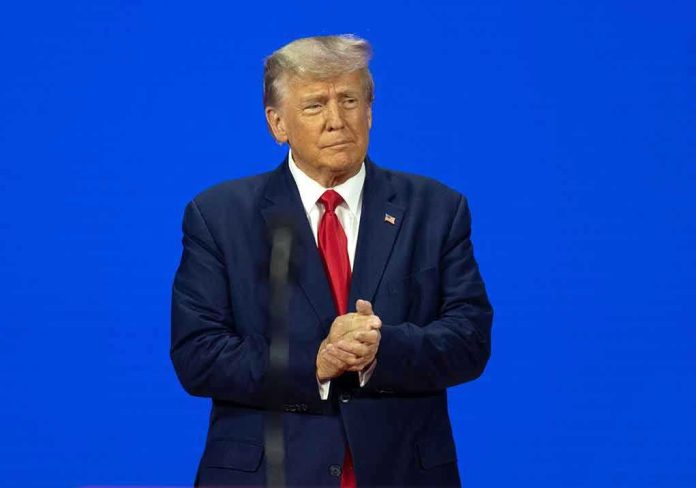
Argentine President Javier Milei’s recent election victory marks a pivotal moment in South American politics, promising profound economic shifts with international ramifications.
Story Snapshot
- Milei’s La Libertad Avanza party won over 40% of the vote.
- U.S. backed Milei with a $40 billion financial package.
- Argentina’s economic reforms set to accelerate.
- Voter turnout hit a record low since democratization.
Political Earthquake in Argentina
Javier Milei’s La Libertad Avanza party achieved a significant triumph in Argentina’s midterm elections, securing over 40% of the national vote. This result not only defied expectations but also doubled the party’s congressional seats, giving Milei unparalleled political leverage to push forward his ambitious economic reforms. His victory signals a seismic shift in Argentine politics, where traditional Peronist influences are waning, and libertarian ideals are gaining traction.
U.S. President Donald Trump’s administration played a crucial role in this election. The $40 billion financial package, explicitly tied to Milei’s electoral success, underscores the high stakes involved. This move reflects the U.S.’s strategic interest in positioning Argentina as a counterbalance to China’s growing influence in Latin America. The financial lifeline, consisting of a $20 billion currency swap and a $20 billion loan, was contingent upon Milei’s victory, tying U.S. credibility to his reform agenda.
Economic Reform Agenda
Milei’s economic philosophy centers on free-market principles, aiming to dismantle Argentina’s entrenched interventionist policies. His administration’s focus on cutting government spending and inflation forms the crux of his reform agenda. The election results empower Milei to advance these structural changes, aligning with his symbolic chainsaw-wielding imagery. However, the path ahead requires coalition-building, as Milei’s party, despite its gains, still needs to negotiate with centrist and provincial blocs to secure legislative majorities.
The economic reforms, while promising, echo Argentina’s past. The 1990s liberalization under President Carlos Menem initially heralded economic transformation but ended in crisis. Milei’s challenge lies in avoiding similar pitfalls, reforming swiftly yet sustainably to restore economic confidence without precipitating collapse.
Impact on U.S.-Latin American Relations
The U.S. backing of Milei’s administration marks a significant geopolitical maneuver. By supporting Milei’s economic experiment, the U.S. has staked its financial and political credibility on Argentina’s success. This move is part of a broader strategy to counteract Chinese influence in the region, positioning Argentina as a test case for market-driven recovery models. The success or failure of Milei’s reforms will shape U.S. diplomatic and economic strategies in Latin America, influencing future engagements and alliances.
While Milei’s victory strengthens his hand, it also leaves him reliant on fragile coalitions. The political landscape requires Milei to negotiate with traditional political establishments he once scorned. This dynamic presents an ironic twist, where power is within reach yet constrained by existing institutions, highlighting the complexity of navigating Argentina’s political terrain.
Social and Market Reactions
The election results reflect a willingness among Argentines to endure short-term economic hardships for the promise of long-term stability. Critics argue this reflects misplaced faith in Milei’s reforms, while supporters see it as a courageous step toward economic rejuvenation. However, the record-low voter turnout of 67.9% raises concerns about civic engagement and potential disenchantment with the political process.
Markets responded positively to Milei’s victory, with the $40 billion U.S. support package providing much-needed stability for the Argentine peso. The financial backing strengthens investor confidence in Milei’s ability to address inflation and implement structural changes. Yet, the long-term sustainability of these reforms remains uncertain, with historical parallels to past reform efforts serving as cautionary tales.




